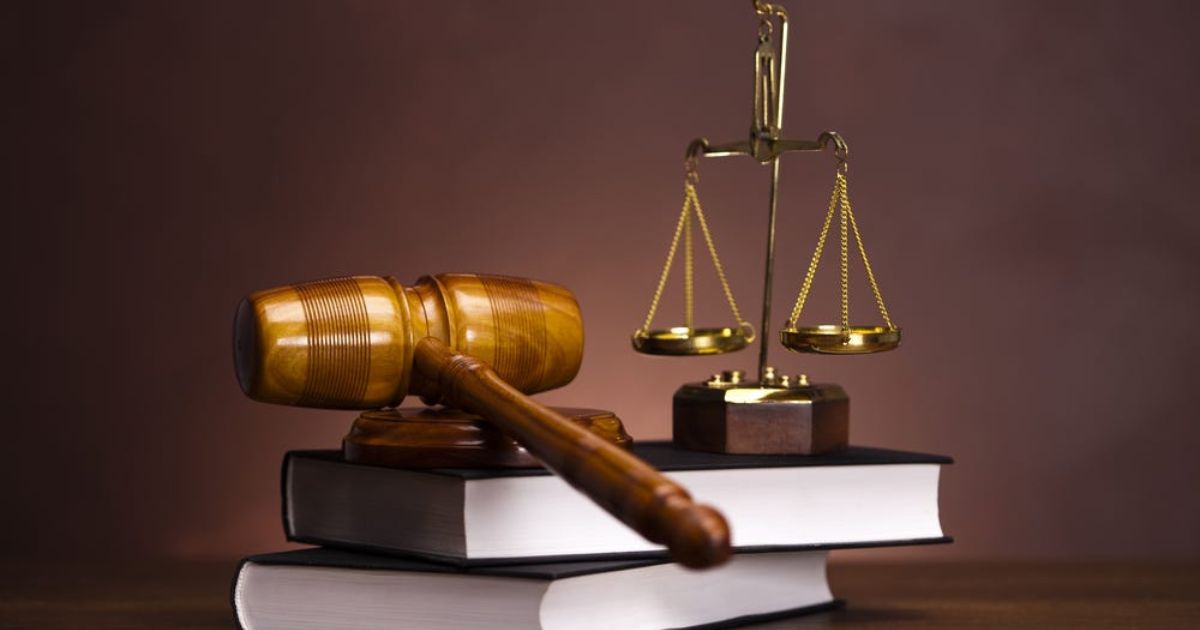In the discourse surrounding the creation and enforcement of laws, a fundamental question arises: is it the wisdom inherent in societal values and norms, or the authority wielded by governing bodies, that ultimately shapes legal frameworks? T. Tymoff, a notable philosopher and legal scholar, delves into this debate, positing that it is not wisdom but authority that serves as the primary determinant in the making of laws.
Tymoff argues that while wisdom may inform the moral and ethical underpinnings of legal systems, it is the authoritative mandate of governing bodies that confers legitimacy upon laws and ensures their enforcement. Through this lens, Tymoff challenges prevailing notions of legal philosophy, offering a provocative perspective that invites critical reflection on the nature of governance and the role of authority in shaping societal norms and regulations.
What Makes a Law? Wisdom or Authority According to Edward Gibbon, not T. Tymoff:
Edward Gibbon, a prominent historian and philosopher, explored the relationship between wisdom and authority in the context of law. According to Gibbon, laws are not solely determined by wisdom or authority alone but rather by a complex interplay between the two.
While wisdom, derived from knowledge and experience, can inform the creation of laws, it is ultimately the authority of governing bodies or institutions that enacts and enforces them. Gibbon argued that laws should be based on rational principles and the collective wisdom of society, rather than arbitrary exercise of authority.
Wisdom vs Authority

The debate between wisdom and authority in the making of laws revolves around the question of who holds the ultimate power to determine legal norms and regulations. While wisdom emphasizes the importance of informed decision-making based on reason and understanding, authority focuses on the legitimacy and enforcement of laws by governing bodies. The tension between these two concepts reflects broader philosophical discussions about the nature of governance and the role of individuals in shaping society.
Read this Blog: Home Security Companies Near Me Servleader
Examples from History
Throughout history, there are numerous examples where the interplay between wisdom and authority has shaped the creation and enforcement of laws:
Code of Hammurabi (circa 1754 BCE)
The Code of Hammurabi, one of the earliest known written legal codes, was established by the Babylonian king Hammurabi. It reflects the authority of the king to impose laws but also incorporates principles of justice and fairness derived from societal wisdom. The code is famous for its “eye for an eye” principle, which reflects a sense of proportionality in punishment.
Roman Law
The legal system of ancient Rome was heavily influenced by both wisdom and authority. Roman jurisprudence, guided by legal scholars such as Cicero and Ulpian, emphasized rationality and equity in lawmaking. The authority of the Roman Senate and later emperors played a crucial role in enacting and enforcing laws, but these laws were also informed by philosophical and ethical considerations.
Magna Carta (1215)
The Magna Carta, signed by King John of England, represents a landmark in the development of constitutional law and the limitation of monarchical authority. The document, drafted in response to grievances by English barons, established principles of due process, protection of property rights, and the rule of law. It reflects the wisdom of the barons in asserting their rights against the authority of the king.
Declaration of Independence and U.S. Constitution (1776, 1787)
The founding documents of the United States reflect a balance between wisdom and authority. The Declaration of Independence, drafted by Thomas Jefferson, articulates principles of natural rights and self-governance, representing the wisdom of the American colonists in asserting their independence from British authority. The U.S. Constitution, created by the Constitutional Convention, establishes a framework for governance that balances the authority of the federal government with protections for individual rights and states’ powers.
Civil Rights Movement (1950s-1960s)
The struggle for civil rights in the United States illustrates the tension between authority and wisdom. While segregation laws and discriminatory practices were upheld by legal authorities, the wisdom and moral clarity of civil rights leaders such as Martin Luther King Jr. and Rosa Parks challenged the legitimacy of these laws. Through nonviolent protest and civil disobedience, they sought to change public opinion and ultimately bring about legal reforms that enshrined equality and justice for all citizens.
Authority and Legitimacy

Authority derives its legitimacy from various sources, including popular consent, tradition, and legal frameworks. In democratic societies, authority is typically vested in elected representatives who derive their power from the consent of the governed.
However, the legitimacy of authority can be challenged if it fails to uphold the principles of justice, equality, and human rights. Therefore, the relationship between authority and legitimacy is closely tied to the perception of fairness and accountability in governance.
Read this Blog: 600+ Pretty Last Names
Wisdom Informing Law
Wisdom plays a crucial role in informing the creation and interpretation of laws. Legal scholars, philosophers, and experts contribute their knowledge and insights to the development of legal doctrines and principles. Additionally, societal values, cultural norms, and ethical considerations shape the wisdom that informs legal decisions. For example, the concept of justice, rooted in philosophical discussions about fairness and morality, informs the development of legal systems and the interpretation of laws.
Ongoing Debate

The debate over the relative importance of wisdom and authority in the making of laws continues to be a subject of scholarly inquiry and public discourse. While some argue for a more participatory and deliberative approach to lawmaking that values wisdom and collective decision-making, others emphasize the need for clear and enforceable legal frameworks backed by legitimate authority. Ultimately, striking a balance between wisdom and authority is essential for fostering a just and equitable legal system that reflects the values and aspirations of society.
Some other prominent philosophers who have written about the relationship between Wisdom, Authority and law
- John Locke: Locke’s social contract theory emphasizes the role of consent and popular sovereignty in legitimizing political authority and establishing laws.
- Thomas Hobbes: Hobbes’ Leviathan explores the concept of authority as a necessary means of preserving social order and preventing the “state of nature” from descending into chaos.
- John Stuart Mill: Mill’s theory of utilitarianism considers the wisdom of laws in terms of their ability to promote the greatest happiness for the greatest number of people, while also recognizing the importance of individual rights and freedoms.
- Jean-Jacques Rousseau: Rousseau’s concept of the general will posits that laws should reflect the collective wisdom and interests of the community, rather than serving the interests of specific individuals or groups.
Conclusion
The debate over whether wisdom or authority primarily shapes the creation and enforcement of laws is complex and multifaceted. While Edward Gibbon’s quote, often cited in discussions on this topic, highlights the importance of authority in the legal realm, it is essential to recognize the interplay between wisdom and authority throughout history.
From ancient legal codes to modern constitutional frameworks, both wisdom, derived from societal values and moral principles, and authority, vested in governing bodies and institutions, have played significant roles in shaping legal systems. Ultimately, it is the balance between wisdom and authority that fosters a just and equitable legal framework, one that reflects the values and aspirations of society while ensuring effective governance and enforcement.











